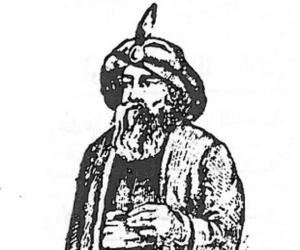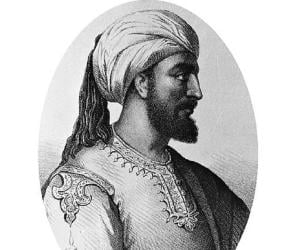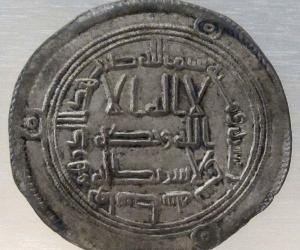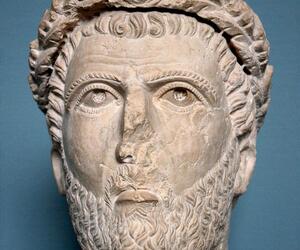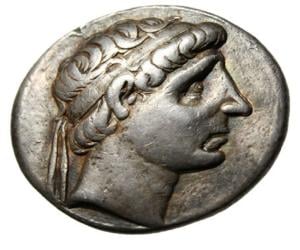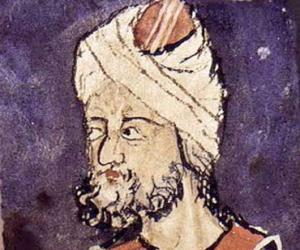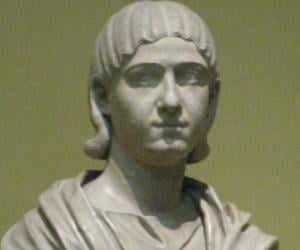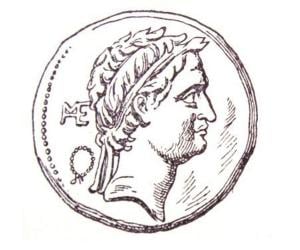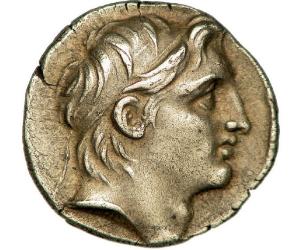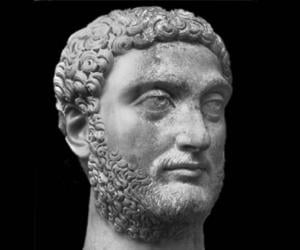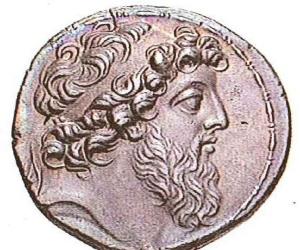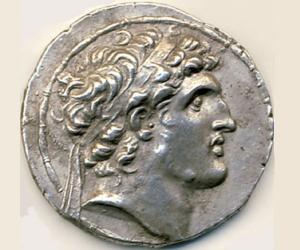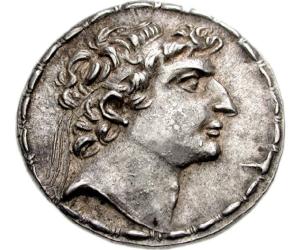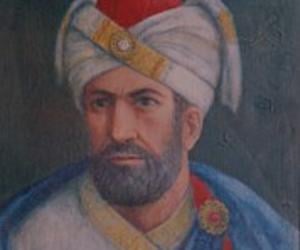1
Zenobia
(Queen of Palmyra Who Revolted against Rome but Was Eventually Defeated)
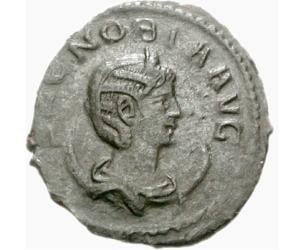
21
3
Birthdate: 0240 AD
Birthplace: Palmyra, Syria
Died: 0274 AD
Zenobia was a third-century queen of the Palmyrene Empire in Syria. She married the ruler of Palmyra, Odaenathus, who elevated the city to supreme power in the Near East. After Odaenathus' assassination, Zenobia became the regent of her son Vaballathus and held de facto power. She launched a successful invasion that brought most of the Roman East under her sway, culminating in the annexation of Egypt. Zenobia declared Palmyra's secession from Rome but was eventually captured by the Roman emperor Aurelian and exiled to Rome.
